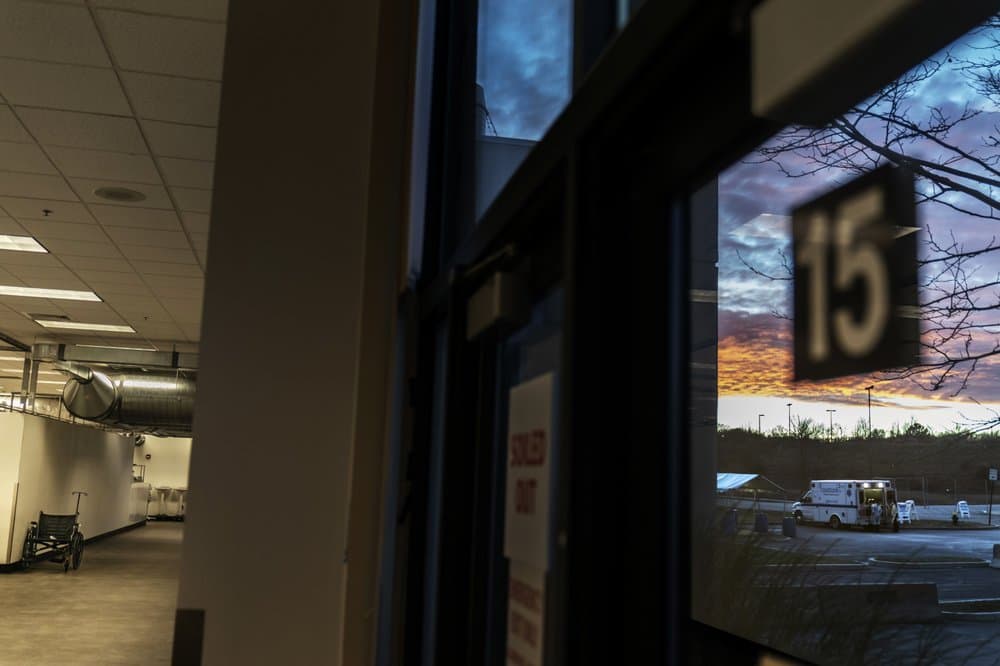Churches and other houses of worship in Rhode Island will soon able to welcome more of the faithful for in-person services and bar areas will be allowed to reopen under the loosening of some coronavirus restrictions announced Thursday by state Commerce Secretary Stefan Pryor.
“We are very pleased that today we are able to offer yet more flexibility to businesses in Rhode Island; the improving public health conditions enable us to do so,” he said.
Under the guidelines that take effect Friday, houses of worship will be allowed to fill to 40 percent capacity, up from the current capacity limit of 25 percent, as long as worshipers are appropriately spaced out, Pryor said at a news conference.
The 40 percent capacity limit also applies to performing arts centers, theaters and other venues with structured seating arrangements, he said.
Bar areas in restaurants that have been closed for months are allowed to reopen as of Friday with a maximum of four people per table, a time limit of 90 minutes per party, with an 11 p.m. closing time. Patrons must order food and no standing service will be allowed, he said.
“Our goal continues to be keeping people safe and out of the hospital, but we are also beginning to identify ways that we can provide our local businesses with incremental flexibility without increasing the infection rate, our hospitalization rate, and our mortality rate,” said Lt. Gov. Daniel McKee, expected to take over as governor when Gov. Gina Raimondo is confirmed as President Joe Biden’s commerce secretary.
Social gathering limits, which had been restricted to just members of the same household, are also being relaxed so that members of two households when indoors, or three households when outdoors, will be allowed to gather, state Department of Health Director Nicole Alexander-Scott said.
The rules are being relaxed because the state is controlling the spread of the coronavirus. But she warned that the state could take a step backward, especially if more transmissible variants of the virus from the UK, Brazil and South Africa are detected in Rhode Island.
In fact, Alexander-Scott said, they are likely already in the state.










